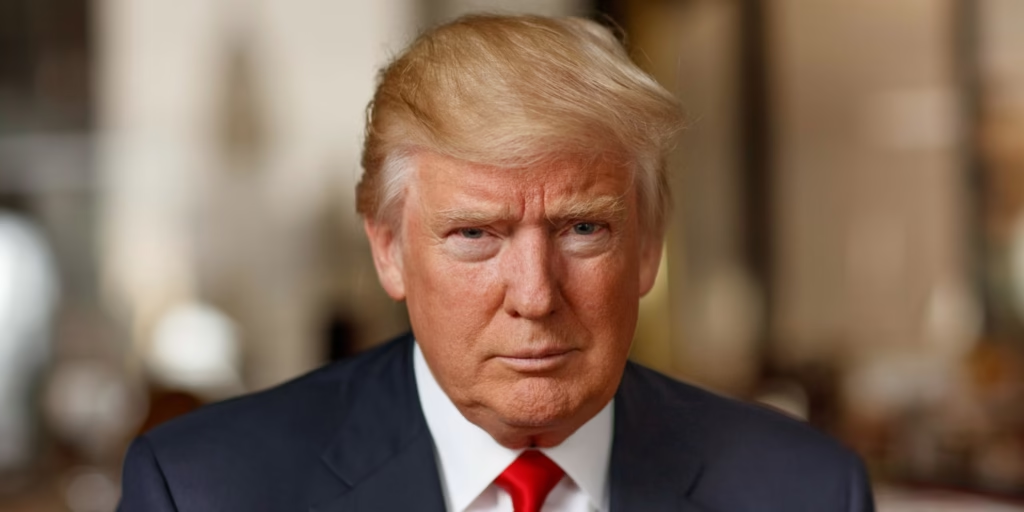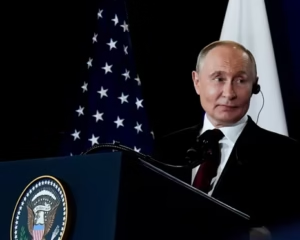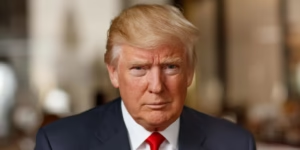Ceasefire Between Iran and Israel Could Validate Trump’s High-Stakes Strategy

U.S. President Donald Trump took a significant risk by plunging America into the escalating hostilities between Israel and Iran. Now, early signs suggest that his aggressive military approach may have momentarily de-escalated a rapidly worsening crisis—though the situation remains unstable.
On Monday night, Trump announced that Israel and Iran had agreed to a ceasefire, a development he characterized as a step toward long-term peace. If the ceasefire holds, it marks a dramatic turnaround from what just days earlier had looked like a region teetering on the edge of full-scale war. The conflict, which Trump dubbed the “12 Day War,” appeared to be spiraling toward broader regional involvement, especially after the U.S. launched airstrikes on Iranian nuclear facilities over the weekend.
In a statement released shortly before the ceasefire deadline, Iranian Foreign Minister Abbas Araghchi indicated that Tehran would halt its retaliatory actions—provided Israel ceased its “illegal aggression” against Iran no later than 4 a.m. local time. Israel, in turn, declared that it had met its military goals and agreed to the ceasefire.
As the deadline passed, reports confirmed that Israeli airstrikes had ceased, hinting at a mutual pause in hostilities. But the fragile nature of the truce became immediately evident when, just two hours later, Israel’s defense minister accused Iran of breaking the agreement. Tehran denied the claim, raising concerns about how long the ceasefire would last.
Despite the uncertainty, the Trump administration is likely to view this as a potential turning point, albeit a precarious one. The ceasefire announcement followed a tense day during which Iran carried out limited missile strikes in retaliation for the U.S. bombing of its nuclear infrastructure. According to early reports, the missiles targeted a major U.S. base in Qatar but caused no casualties or significant damage, as all were intercepted.
Trump addressed the nation on Saturday night, warning Iran of a powerful American response to any attacks on U.S. interests. He suggested that further military targets had already been identified and would be struck if necessary. But after Iran’s measured retaliation, Trump adopted a more restrained tone.
“Iran has officially responded to our obliteration of their nuclear facilities with a very weak response, which we expected, and have very effectively countered,” Trump posted on his social media platform. He suggested that Iran may have “gotten it out of their system” and expressed hope that peace could follow.
Behind the scenes, Trump and his team were reportedly engaged in diplomacy with Israeli Prime Minister Benjamin Netanyahu and Qatari intermediaries to craft the terms of the ceasefire. While the damage on both sides remains limited, Trump seems eager to avoid further conflict—possibly to avoid drawing the U.S. deeper into a prolonged regional war.
This approach recalls Trump’s January 2020 decision to order the killing of Iranian General Qasem Soleimani, which similarly prompted an Iranian missile attack without major American retaliation. The administration appears to be relying on a familiar strategy: respond forcefully, then encourage de-escalation once a message has been sent.
Notably, Iran’s most recent missile launch matched the number of bombs used in the U.S. strike—a sign that Tehran may be seeking symbolic parity rather than escalation. The advance notice given to Qatar before the launch, which Trump acknowledged with appreciation, also suggested a preference for managing tensions rather than intensifying them.
Throughout the day, Trump remained focused on domestic issues such as oil prices and media narratives, even as former Russian President Dmitry Medvedev stirred controversy by suggesting a foreign country should supply Iran with nuclear weapons.
While this ceasefire is far from guaranteed, Trump appears to be aiming for an exit ramp from further conflict. For now, both Iran and Israel seem willing—if cautiously—to take it.







